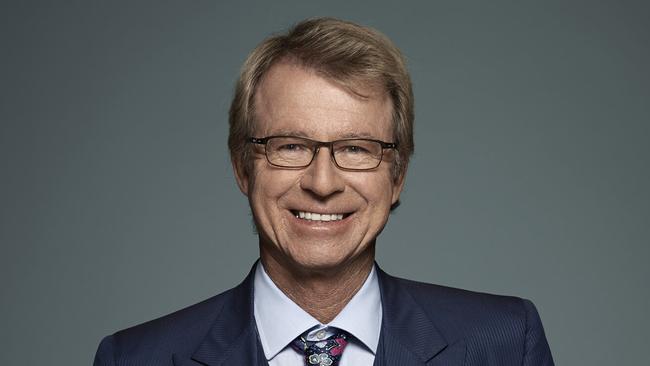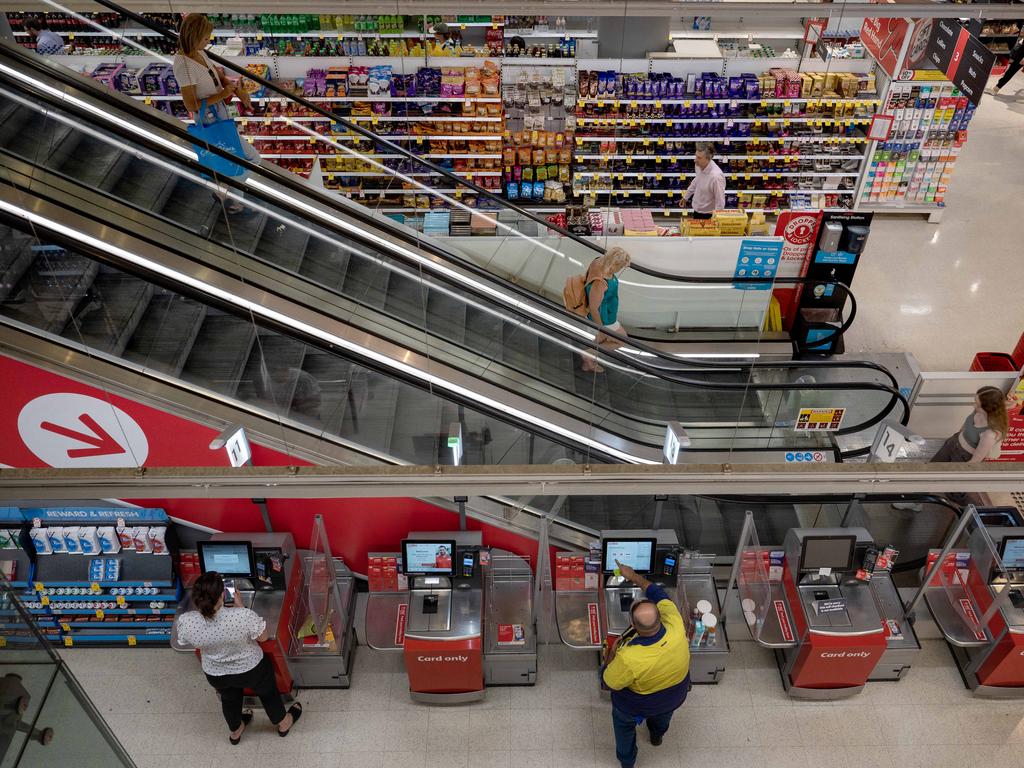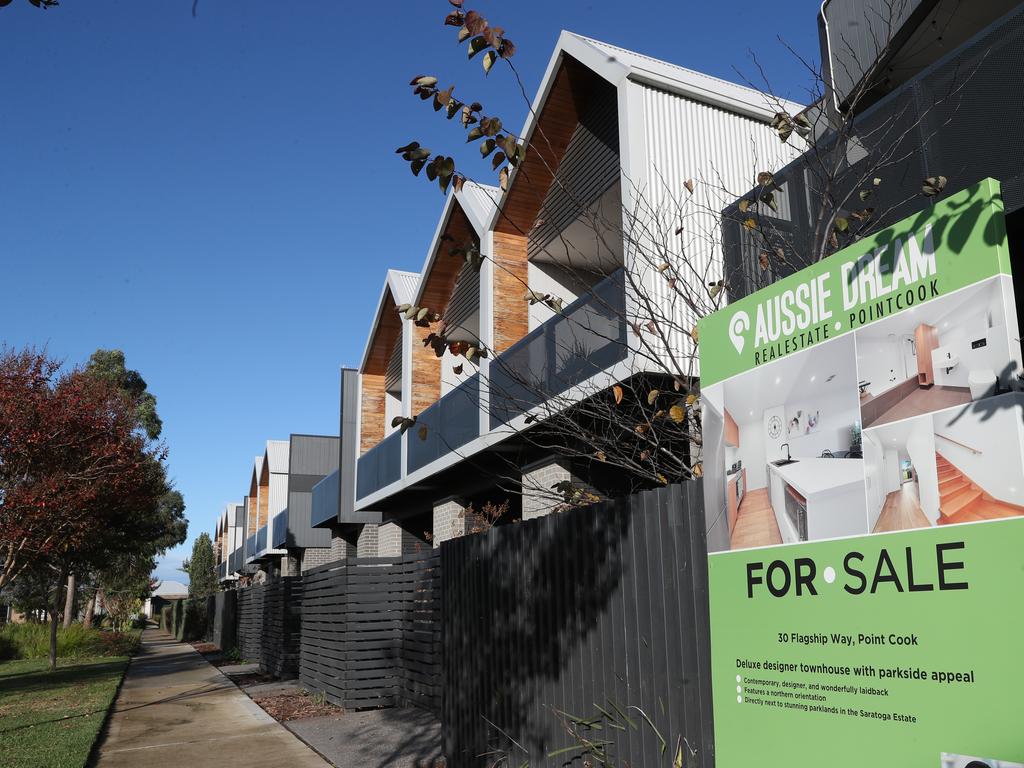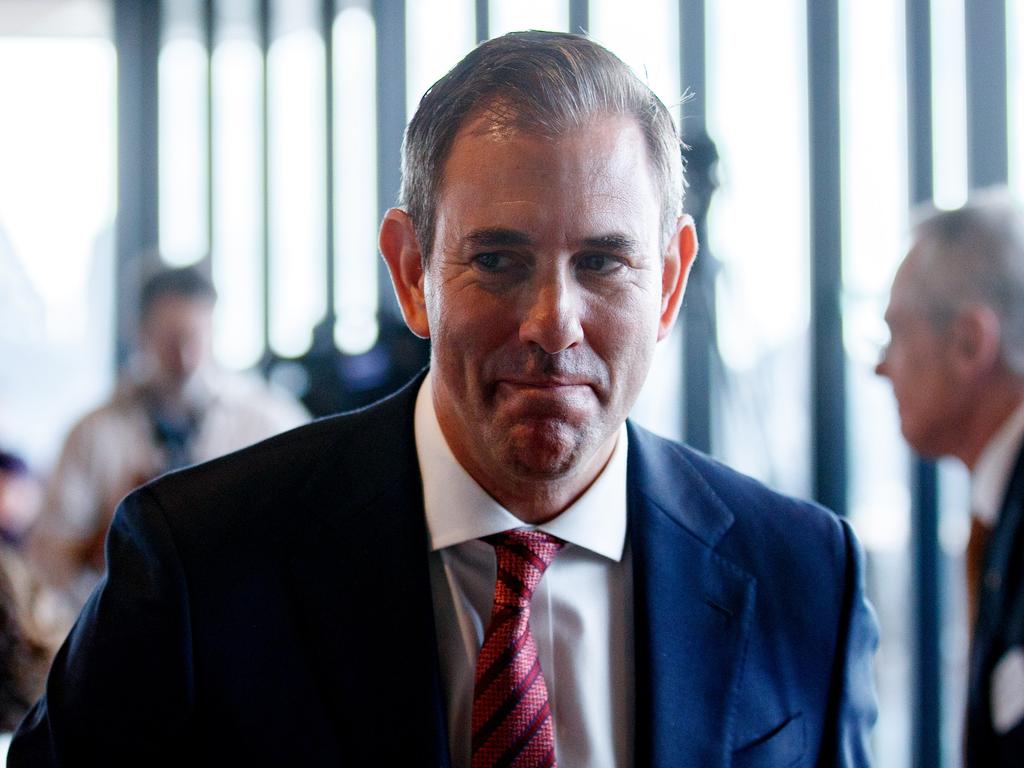Inflation figures mean tax cuts could ‘pose bigger risk’, says economist Shane Oliver
A leading economist has declared the revamped stage 3 tax cuts in next month’s budget now pose a greater economic risk than when they were first announced, thanks to inflation remaining stubbornly high.

A leading economist has declared the revamped stage 3 tax cuts in next month’s budget now pose a greater economic risk than when they were first announced, thanks to inflation remaining stubbornly high, as Queensland Premier Steven Miles back-pedals his call for an immediate interest rate cut in the wake of the fresh inflation data.
The higher-than-expected inflation figures for the March quarter released this week doused hopes of a rate cut this year, with many economists predicting a cut to occur in early 2025 instead.
AMP chief economist Shane Oliver said that aside from the impact on rates, the inflation rate also added an extra challenge to policies such as Labor’s revamped stage 3 tax cuts.
“Arguably (the tax cuts) are now coming at a worse time,” he told The Australian.
“If inflation numbers were safely heading down, then the tax cuts would arguably pose less of a risk of over-egging the economy again.
“Now the inflation number looks a bit higher than they expected … so the tax cuts are coming at a riskier time. It makes life a bit harder for the Reserve Bank.”
Labor significantly overhauled the Morrison government’s stage 3 tax cuts earlier this year, halving the benefit to those earning more than $190,000 while doubling tax relief for average-income earners.
Rich Insight founder Chris Richardson said “we’ve known for a long time” the tax cuts would have an inflationary impact.
“It’s the equivalent, by itself, of two to three rate cuts in an economy, which again still has an inflation problem.
“To be clear, it doesn’t mean you don’t do it, but it does mean you need to be careful around the everything else (in the budget).”
Consumer prices overall accelerated by 1 per cent in the March quarter, well up on 0.6 per cent in the three months to December, and above the 0.8 per cent predicted by economists.
Independent economist Saul Eslake said while the inflationary impact of the tax cuts was and would remain relatively small, there was a good chance rate rises would continue into next year.
He admonished premiers such as Mr Miles along with Victorian premier Jacinta Allan and Western Australian premier Roger Cook for pressuring the Reserve Bank of Australia earlier this year to immediately cut rates.
“State premiers are best advised to focus on areas of their responsibility,” he said.
“In particular, some of the states who were most critical, have got their own problems that they need to focus on.”
Mr Richardson said state’s views on monetary policy were “irrelevant”.
After demanding the RBA “start cutting interest rates now” in February, Mr Miles on Thursday withdrew his calls on the central bank to act immediately.
“I continue to urge the RBA and banks to lower rates as soon as they possibly can,” Mr Miles told The Australian.
Mr Miles’ intervention in February spurred Mr Cook to also call on the RBA to “stay its hand” and Ms Allan to ask for rate cuts to “take the pressure off families”.
Mr Oliver said the saga had demonstrated the importance of an independent RBA able to act regardless of “political pressure”.
Ms Allan and Mr Cook were contacted for comment.
EDITORIAL P10







To join the conversation, please log in. Don't have an account? Register
Join the conversation, you are commenting as Logout